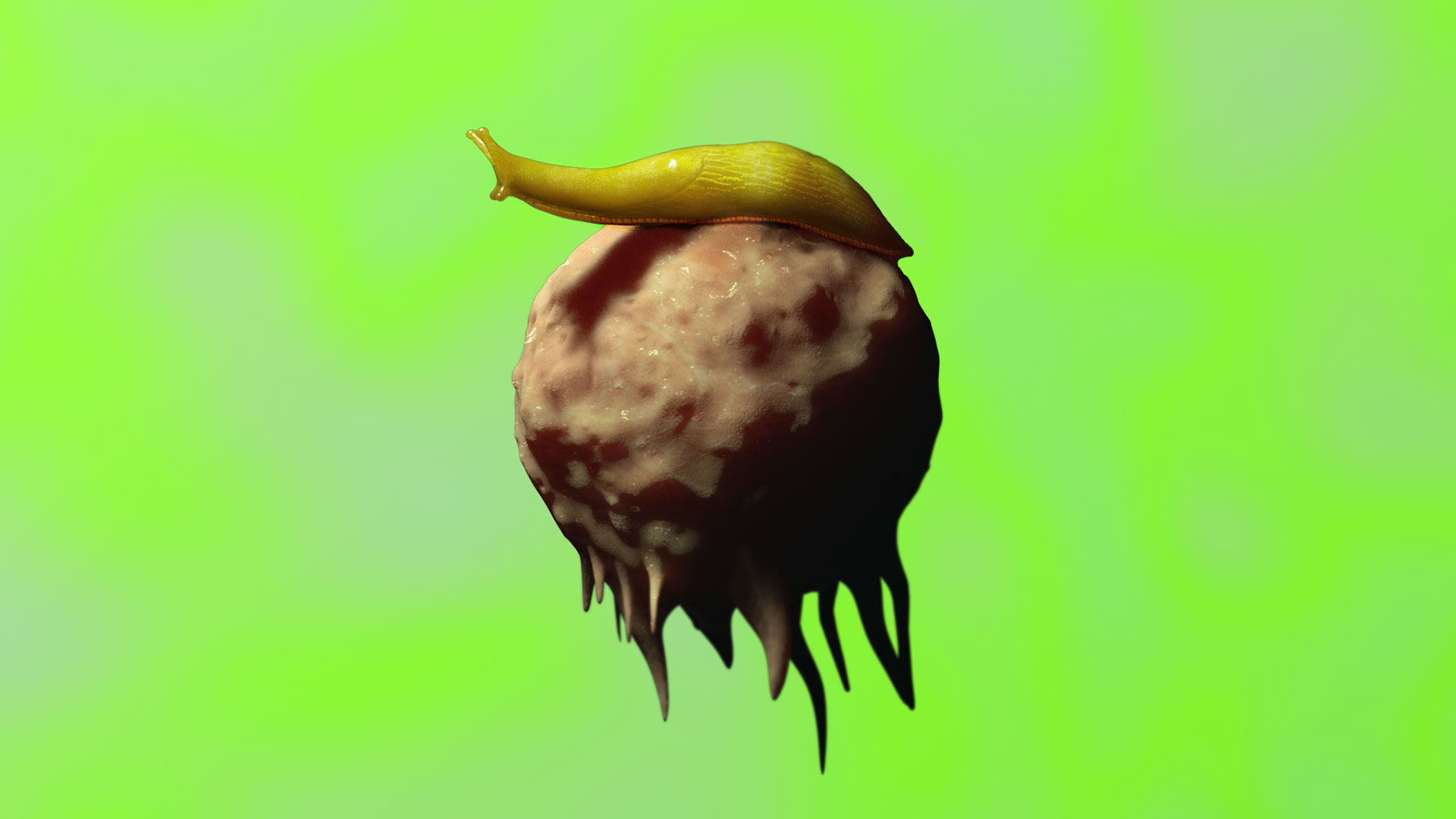
Hans-Henning Korb
Time Immemorial by Rodrigo Maltez Novaes
© 2018 Korb
Time Immemorial
TIME IMMEMORIAL
2013
By Rodrigo Maltez Novaes
Time is now an abyss. Our image of time has changed. Time is once again permeable. It is no longer linear, and has dissolved into zero-dimensionality. This is the image of an amorphous time, which does not allow for the principle of a beginning, middle, and an end. This is post-history. Time has now two significant dimensions: objective and subjective – material and immaterial: or, in other words, the dimension of history and the dimension of memory. Historical time is that of the line of events, and memorial time is that of the permeability of events. Entropy is therefore the limit of objective time, and death the limit of subjective time…
As I sat there, after reading those words, staring at the blueness of that moment, my mind started to wander, and as my own thoughts started to merge with the concepts of that short text, I started to think about death and organisms, which eventually led me to a tentative thought: could the death of an organism, which is both a subjective and objective death, really be a final point? An end? Would it be possible to go beyond this image? As I think more about it, I feel that, yes, it is possible, if only we shift our focus of interest. I’ll try to explain: today it is perfectly possible to formulate the concept that life’s true objective aim is in fact entropy, and not “motion” – that objective sign that we look for when looking for “life”. Or in other words: without organic decadence, there would be no life on Earth. Life depends on decay. Life exists in order to be decomposed, thus serving as fuel for new life. A dead, motionless organism is in fact still pulsating with life, all the way until it is completely decomposed. Recent research in relation to the decomposition of organic matter, demonstrates how during the process of decomposition, the atoms that constituted the organism are recycled and return as a part of new live organisms. That is: atoms are constantly recycled. So all of the atoms that form our organism today have already passed through several other organisms during the history of the Earth. Atoms permeate time. So could the aim of life be, therefore, death? A paradox?
As I sat there, after reading those words, staring at the blueness of that moment, I still could not remember where I had originally read those lines. All I had in my hands were fragments of notes copied in a frantic handwriting. No references, no indication of where I originally found them. This perplexed me for some moments as the blueness intensified until it changed to yellow. And as I continue to sit in that spot, now drenched in yellow-ness, inert to the movements of the universe around me, my mind goes wandering again, and still on the same subject.
Would it be possible then to imagine that our bodies contain atoms that were once part of several other organisms, such as dinosaurs, fish, plants etc.? That’s an interesting image to play with, one in which atoms not only permeate through the barrier of the species, but also more importantly, the barrier of time. And what about dimensional barriers? Could the atoms that are in my body right now also be part of other organisms in different dimensions? Theoretically, yes. This image detains me for a while. Now I imagine atoms travelling not only through the horizontal line of time, but also through the vertical line of dimensional scales. No barriers. No fixedness. It’s a dizzying thought. The resulting image in my mind now is that of an amorphous chaotic time. And in this vision of time as a zero-dimensional field, the logical result is that both objective and subjective times dissolve into each other. But from my own subjective point of view, I still have the experience of time in a horizontal linear form: that which I have experienced according to the passing of the years as a sequence of events. But once events have migrated into my memory, linear time dissolves again. The image of memorial time as a field would be, in this case, the one that sits more comfortably in my mind, because within my memory, after its linear dissolution, time is no longer about fluxes and processes, but also about groupings, amalgams, mixtures, and their reverses. That which I lived when I was four years old, becomes mixed with that which I lived yesterday and also with possible imagined future experiences. Objective time imposes itself on me, but subjective time not only comes from me, but is also subjected to me. Or in other words: in my mind I can create and destroy time at my own pleasure. Does time therefore objectively exist? Another paradox?
Now that I sit here staring at the redness of the moment, my mind wanders back to those initial words. And now that I think of it, could they have come from my own mind? Could I imagine myself having written those lines? Yes I can definitely imagine it, but I cannot remember.